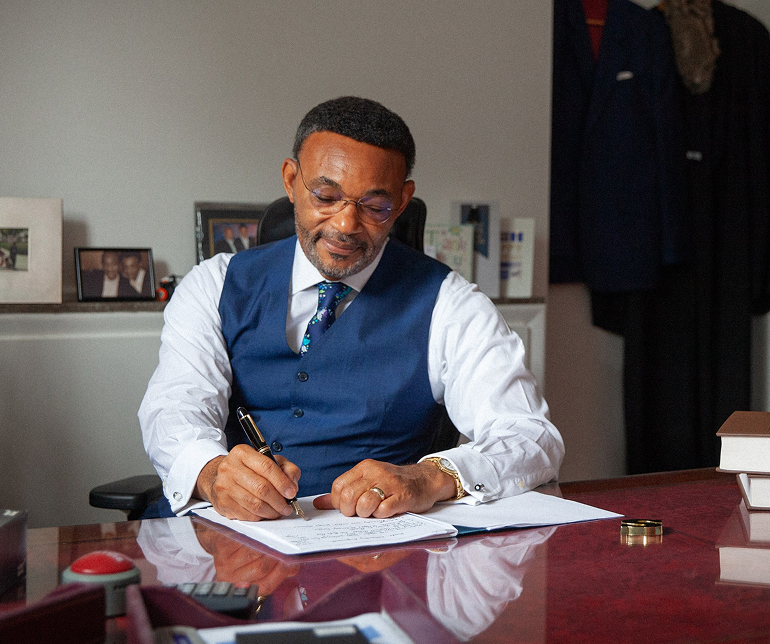Dispute Resolution
Settling a dispute via adjudication? Here is what you need to know
- Written by: Samuel Okoronkwo
- Published on:


Share
It is an unfortunate fact that during the construction timeline, a project could fall into a dispute. This is why many standard construction contracts have provisions that determine how disputes are resolved. More often than not in a standard construction contract, this method is adjudication – this is mainly due to the relative swift and cost effective nature of the process as compared to court.
If you find yourself in dispute and your contract stipulates resolution by adjudication, here is what you need to know.
What is adjudication?
Adjudication is a dispute resolution process used in the construction industry. It allows a party to a construction contract to refer a dispute to an independent adjudicator who will make a decision on the dispute, usually within 28 days of the referral.
To start the adjudication process, a Notice of Adjudication must be served by the referring party on the responding party. Notices must be drafted in a compliant way; outlining the essential elements of the dispute, the identity of the parties and the relief sought. A Notice drafted incorrectly is at risk of being invalid.
My webinar on adjudication notices goes into more detail https://www.youtube.com/watch?v=9L7jDbLEhp4
Do both parties have to agree to adjudication?
Adjudication is a statutory right under the Housing, Grants, and Regeneration Act 1996 (as amended). If your contract is within the scope of the Act, you can initiate adjudication unilaterally. The process will proceed even if the responding party is unresponsive.
Is an adjudication decision final?
While the adjudicator’s decision is binding that does not mean it is “final”. If both parties are content with the outcome of the resolution then yes, you can consider this decision final. However, should one party wish to challenge the adjudicator’s decision, the adjudicator’s decision may be overturned during the court process.
What happens after adjudication?
Once the adjudication process has reached its completion, both parties will be bound by the adjudicator’s decision and required to honour the terms of resolution. Although a common challenge of adjudication is that the adjudicator themself lacks enforcement powers, an adjudicator’s decision is usually enforced through summary judgment in the Technology and Construction court.
Can I handle adjudication myself?
While it is possible to manage adjudication yourself, forging ahead without enlisting professional assistance increases the main potential pitfall associated with the process; a procedural and tactical error that could derail your whole case.
Adjudication, although faster than traditional court proceedings, follows a strict procedural framework. This includes tight deadlines for submissions and responses, specific requirements for the content of those submissions and rules regarding the presentation of evidence.
Construction disputes on their own can be stressful and complex enough. Having advised and represented on many adjudications, I can confidently say that the client’s role is so involved and time consuming even when having professional support, that the thought of acting for oneself can become overwhelming.
Instead, we can handle it for you. Reach out to the Mercantile Barristers team, our expertise in construction law and the adjudication process ensures your case will receive the detailed attention needed to reach your desired resolution.
contact us
Contact Samuel Okoronkwo
Get in touch today to speak directly with Samuel Okoronkwo for expert legal advice and assistance.



